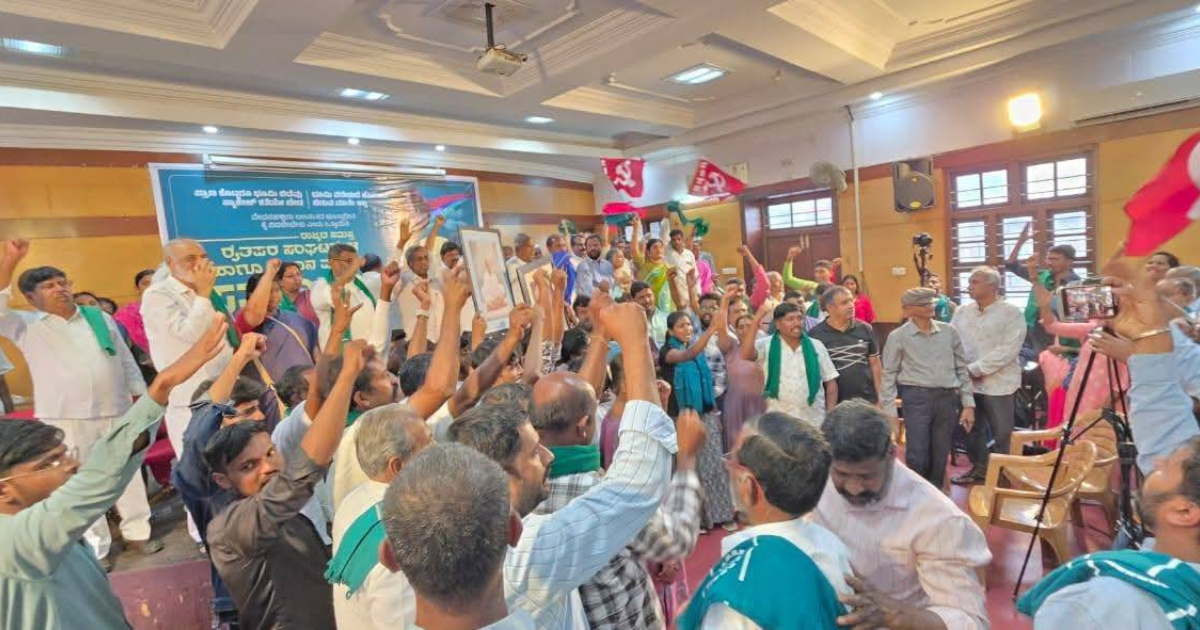After a massive cyberattack resulted in a breach of almost 27 million customers’ data records, South Korea’s largest mobile network, SK Telecom, has gotten into some serious trouble. The South Korean government took it seriously and imposed a penalty of up to 30 million won on the company. The Ministry of Science and ICT of the country said SK Telecom did not properly protect users’ USIM data (used in mobile SIM cards) and also did not follow some important security requirements. The ministry has therefore been instituted.
이번 사이버 침해 사고에 대해 진심으로 사과 드립니다.
SK텔레콤은 고객님의 믿음에 대한 책임을 다하고자
해지 고객님의 통신 위약금을 환급해 드립니다. pic.twitter.com/vwLM629pF0— SK telecom (@SKtelecom) July 4, 2025
The following fines will become mandatory for the company:
- Have security checks every 3 months
- Have its CEO supervise data safety personally
- Hire more employees and invest heavily in cybersecurity.
Following the actions of the government, SK Telecom quickly responded with strong measures to begin restoring user trust.
The company has now decided to:
- Spending around 700 billion will (₹4,200 crore) over five years for data protection
- Provide a 50% discount on the August bills of all 24 million customers
- Replace USIM cards free of charge at more than 2,600 stores in South Korea
South Korean authorities said SK Telecom should waive fees for users who want to leave the network following a data breach that affected about half the country’s population https://t.co/kwT7bhXgYj
— Bloomberg (@business) July 4, 2025
Thus far, more than 9 million users have already replaced their USIM cards by the end of June.SK Telecom’s CEO, Ryu Young-Sang, made a public apology and indicated the company takes full responsibility. The company has already reduced its projected 2025 revenue by 800 billion won due to the impact of compensating users and enhancing data protection. The Science Minister of South Korea, Yoo Sang-im, even called the instance “a wake-up call” for tech companies to sharpen their focus toward protecting user data. Even SK Group’s Chairman, Chey Tae-won, made a public apology previously. The seriousness with which the company perceives this crisis cannot be underappreciated. While the cyberattack has unnerved millions of South Koreans concerning their personal and financial data, SK Telecom’s rapid response and proposed support measures may have been sufficiently swift for them to win the trust of some clients back.




